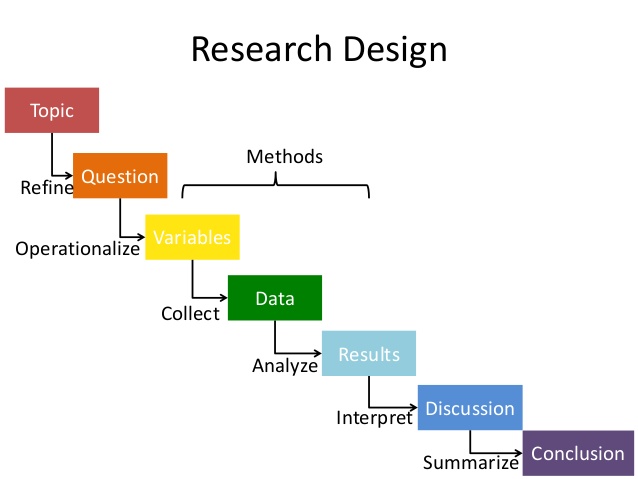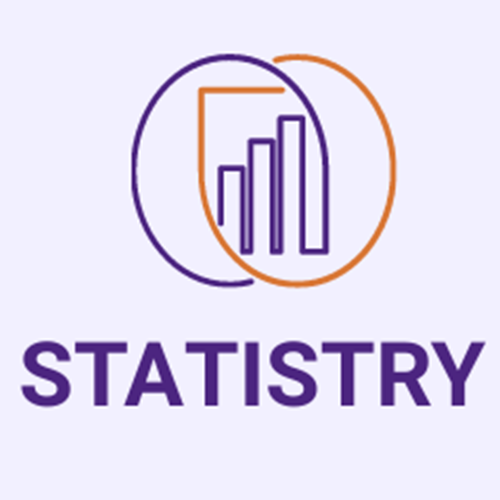9. Referencing
You may acknowledge the contributions of other writers and researchers in your work by referencing them. According to UGC guidelines citations are obligatory in all university PhD theses that depend on the concepts, statements, or studies of other writers. Therefore, the references must be included in accordance with the university’s mandate referencing style. In general, students do not understand reference style, which leads to improper referencing and rejection of fully completed Thesis. Typically, Thesis from different subjects, like law Thesis and management Thesis, require citing and referencing in various referencing styles, so here at Statistry, the sources used in your Thesis are correctly acknowledged and referencing is done as per the referencing style required under your university guidelines.
Our highly knowledgeable experts are well-versed in various styles of referencing, the most common ones are:
APA MLA
Oxford Harvard
Chicago OSCOLA
IEEE
And so on…
PLAGIARISM CHECK
PhD students must appropriately attribute and appreciate the effort, data, and ideas of others. In India Plagiarism is considered cheating, malpractice, and misconduct, and researchers who’s Thesis can be proven to include plagiarism incur not only the UGC sanctions, but also substantial legal consequences that might end not only their professional career but also academics for entire life. According to the most recent UGC guideline, any scholar whose thesis is confirmed to have plagiarism more than 10% would be reprimanded by the UGC.Furthermore, the aforementioned student’s guide will be removed from service. The whole news can be found at LINK. Statistry delivers 100% original content as well as plagiarism reports. Additionally, Statistry re-writes your thesis with the help of subject specialists to eliminate plagiarism from your thesis work.
FORMATTING OF THESIS
Unless and until the thesis has been formatted according to the university’s guidelines, such as chapterization, page count, referencing style, line spacing, and so on the thesis is not considered complete as the criteria for a PhD degree are not met Often, after completion of the entire Thesis, the scholar realises that the research work is not in the format the university has specified and risks missing convocation deadlines or is required to register for an additional term if the Thesis requires significant revisions to fulfil university guidelines.The most important feature of any Thesis is that the same style (as specified by the university) should be followed throughout.
Statistry provides you with a very high-quality final draft of your research paper by editing and revising your thesis, proof-reading, creating footnotes and endnotes, adding page numbers, and tables of contents and indexes. We extensively review your Thesis to ensure that it adheres to the requirements outlined in the university manual. Unless and until you are satisfied and the requirements are met we make the necessary changes in the document.

